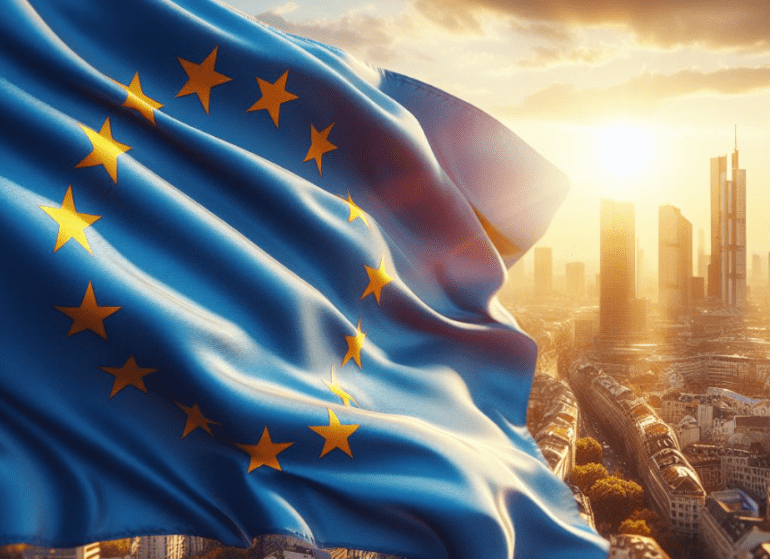- European lawmakers approved the world’s first legislation on artificial intelligence (AI), impacting film and TV production.
- The Artificial Intelligence Act aims to regulate AI use amidst concerns over image manipulation and misinformation.
- Key provisions include transparency requirements for AI systems and guidelines for data disclosure.
- UK producers’ body Pact issues complementary guidelines on generative AI use.
- The legislation extends to the labeling of manipulated media, restrictions on biometric identification systems, and obligations for high-risk AI systems.
- Citizens are empowered to lodge complaints and seek explanations about AI system usage.
Main AI News:
In a landmark move, European lawmakers have embraced the world’s premier legislation on artificial intelligence (AI), potentially reshaping the landscape of film and TV production.
The adoption of the Artificial Intelligence Act signifies a pivotal attempt to regulate the burgeoning use of AI, particularly in light of the widespread adoption of generative systems like ChatGPT, which have raised concerns regarding image manipulation and misinformation.
With 523 European Union lawmakers endorsing the proposed legislation and only 49 dissenting votes (with 49 abstentions), formal ratification scheduled for March appears imminent. Implementation of the legislation is slated to commence early next year, with enforcement commencing in 2026.
Central to the AI Law’s guiding principles is the requirement for “general-purpose AI systems” (GPAIs) and their underlying models to meet transparency standards aligned with EU copyright law. Additionally, these systems must disclose “detailed summaries” of the data utilized for training. Larger GPAIs will be subject to more rigorous oversight, including model evaluations, risk assessments, and incident reporting.
These regulations are poised to significantly influence the utilization of AI in professional TV and film production across Europe.
Coinciding with this development, UK producers’ body Pact has issued its own directives concerning the use of generative AI. Emphasizing principles such as copyright compliance, respect for human creativity, accountability, diversity, and data protection, Pact’s guidelines were formulated in collaboration with an AI working group, encompassing various stages of the production process.
John McVay, commenting on the evolving landscape, remarked, “AI has long been integral to the TV and film industry, presenting both opportunities and risks. Pact’s collaboration with AI experts has yielded a framework enabling members to navigate these complexities while leveraging the potential to create compelling content.”
European legislation extends beyond copyright considerations. Notably, the AI Act mandates clear labeling for artificial or manipulated images, audio, and deepfake videos. Biometric identification systems employed by law enforcement to extract data from online sources or CCTV footage for facial recognition will be restricted to specified scenarios. Prohibited practices encompass “emotion recognition” in workplaces and schools, social scoring, predictive policing, and AI-driven manipulation of human behavior or vulnerabilities.
Furthermore, high-risk AI systems, posing potential threats to health, safety, rights, the environment, or democracy, are subject to stringent obligations, including risk assessment, transparency, and human oversight. Citizens are empowered to voice complaints and seek explanations regarding AI systems’ utilization.
Dragos Tudorache, co-rapporteur of the Civil Liberties Committee, hailed the EU’s achievement, asserting, “We have anchored artificial intelligence within the core values underpinning our societies.” Nonetheless, Tudorache stressed the need for ongoing efforts beyond the AI Act to address the broader societal implications of AI, calling for a reevaluation of governance models in the technological era.
Conclusion:
The enactment of the Artificial Intelligence Act represents a significant milestone in regulating AI technology within the European Union. This landmark legislation not only addresses concerns surrounding image manipulation and misinformation but also sets transparency standards and guidelines for AI system deployment. Market players, particularly in the film and TV production sectors, will need to adapt to these regulatory frameworks, ensuring compliance and ethical use of AI technologies. Moreover, the broader implications of this legislation signal a shift towards more robust governance models in the technological landscape, necessitating ongoing adaptation and innovation within the market.

